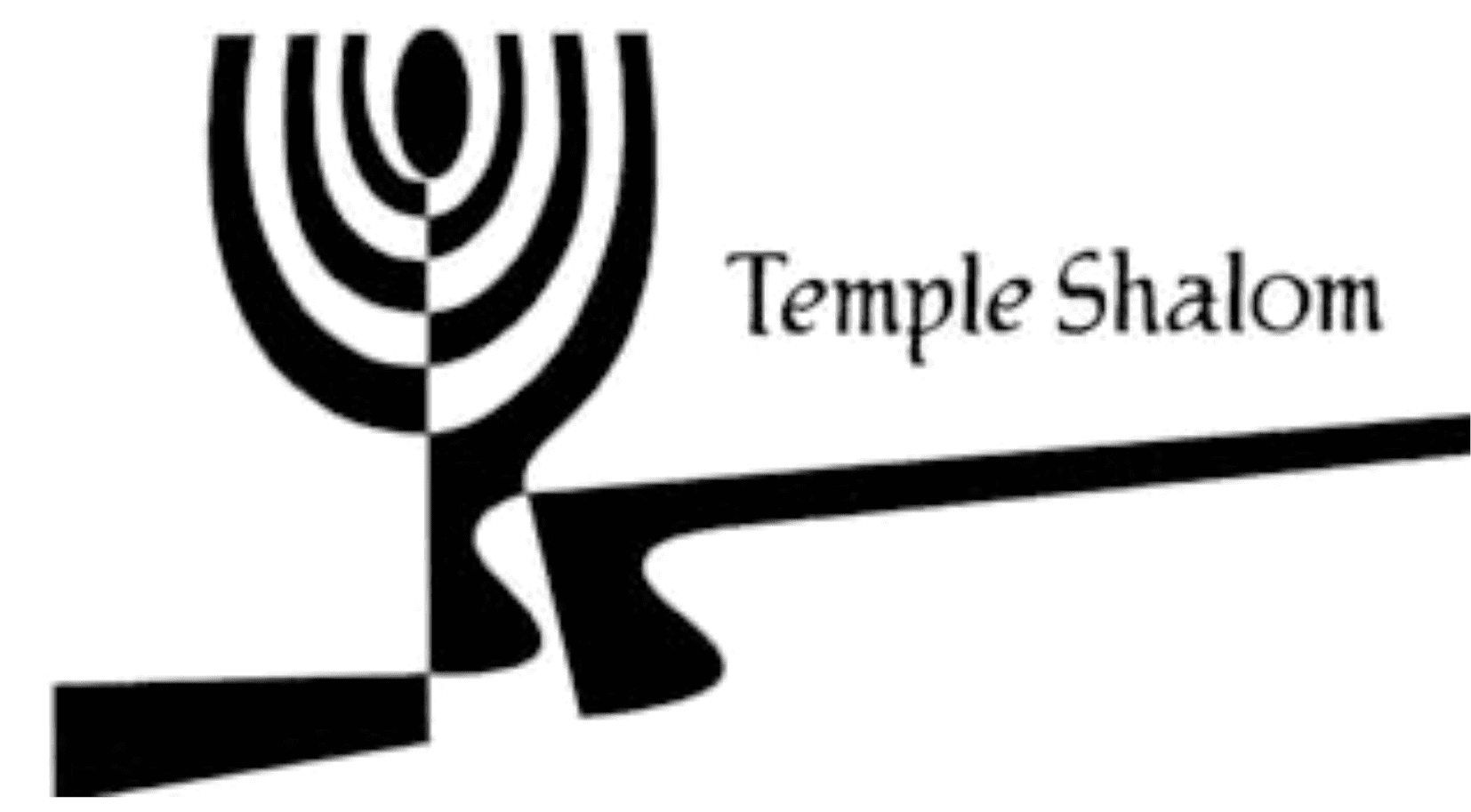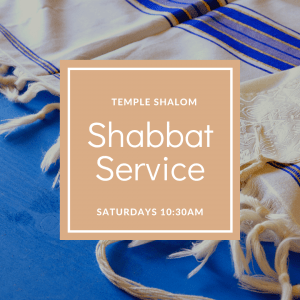One of my favourite parts of my work as a rabbi is studying Torah with our b-mitzvah students. Several months before each young person’s ceremony, we begin meeting to study their Torah portion, always starting from a point of: “What questions do you have about your Torah portion?” This is a very Jewish approach to Torah study! Jewish biblical scholars and commentators throughout history have approached the text with questioning eyes, rather than with certitude of knowing exactly what it means, and exactly what we are meant to glean from oftentimes confusing stories and laws. Engaging in this study with our young people brings new questions and new insights. In The Book of Beautiful Questions, Warren Berger points out how easy it is for young children to ask questions about the world around them. If you’ve spent time with a 4 year old, you know how many questions they ask about how things work and why things are the way they are. At some point, research on educational settings finds that this questioning impulse begins to diminish. “What was once a hundred-per-day questioning habit among four-year-olds dwindles down to a few questions – or none – among teenagers.”
When we study Torah, whether for the first time as a b-mitzvah student, or as a veteran of Torah study, we turn on our questioning mode. Berger points out that “neurological research shows that merely wondering about an interesting question activates regions of the brain linked to reward-processing. Curiosity – the act of wondering – feels good in and of itself, and thus, questions beget more questions.” Asking questions is a deeply Jewish sensibility – we don’t come in knowing the answers, but open to changing our perspectives and learning something new.
This Shabbat, bring your questions to Torah study at 9:15, as we’ll dig into the stories of Parshat Hayei Sarah, and learn from our bat mitzvah’s questions as we celebrate the bat mitzvah of Gilda Dermer-Collins.

